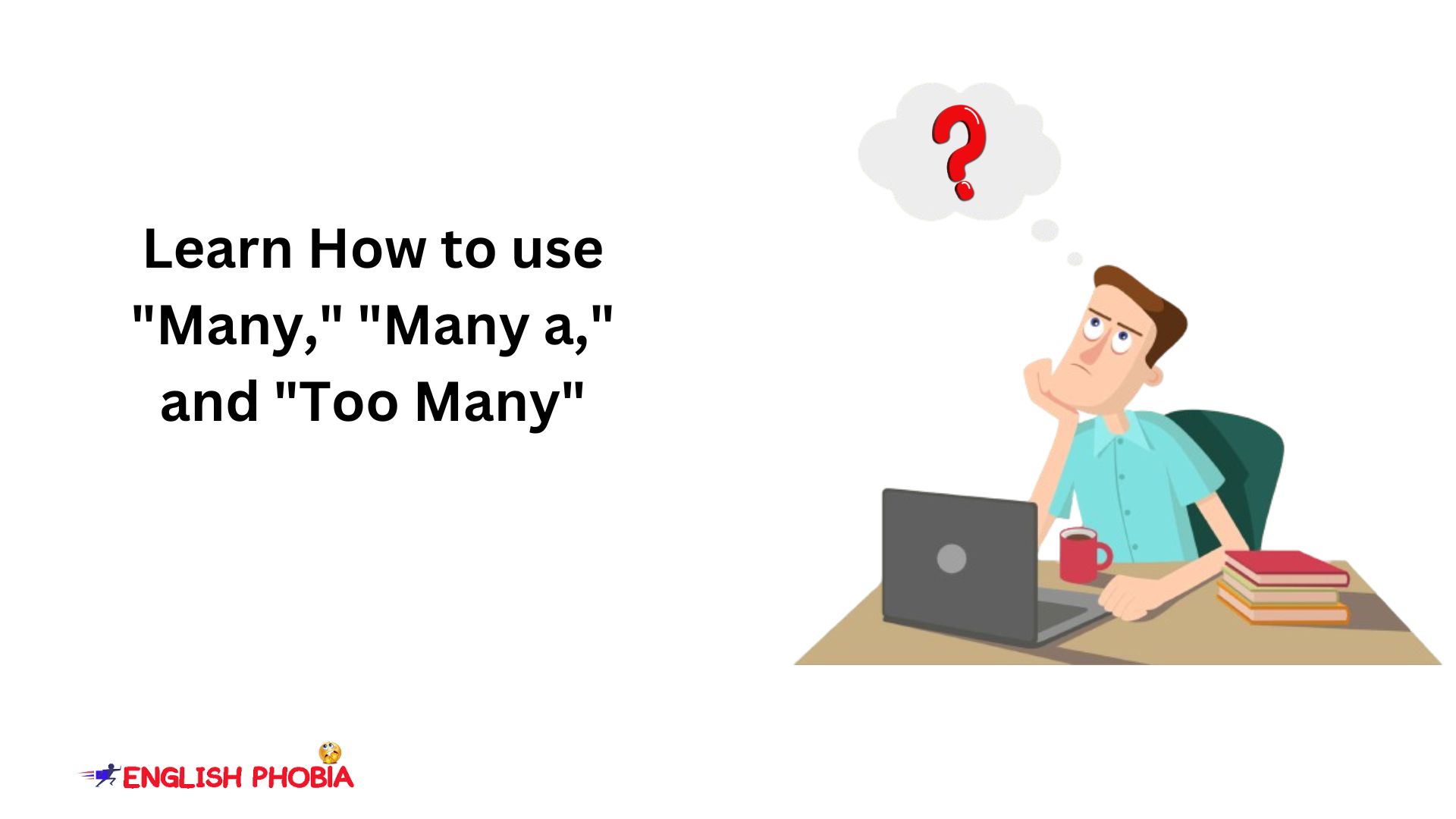We do know the basics of pronouns like definitions and types, but when it comes to competitive exams. You happen to see the depth concepts whether it is a pronoun or several other chapters. Therefore, we are going to cover the most important Pronoun Rules for competitive Exams and questions to practice an exam’s point of view. It will help you revise the rules if you already know them, but you will learn in case you are unaware of them. Let’s get on the board!
Let’s start these rules with the pronoun definition with examples so that whosoever visits this page will learn pronouns from basic to advance.
What is a pronoun and give examples?
A pronoun is a word that we use to replace a noun in a sentence.
If you want to learn the types of pronouns in detail, you can go through the previous part of Pronouns to know them inside out.
Examples;
Incorrect Julia is a doctor. Julia works in a hospital. Julia treats the patients nicely.
I have used Julia (noun) many times in the above sentences. But it is incorrect to use nouns in English grammar. Let’s understand the actual use of pronouns thoroughly.
Correct Julia is a doctor. She works in a hospital. She treats the patients nicely.
The very first question you may have in your mind is how many types of pronouns with examples are there in English grammar.
There are generally 10 types of pronouns in the English language. These are as follows.
|
S No. |
Pronouns Name |
|
1 |
Personal Pronoun |
|
2 |
Demonstrative Pronoun |
|
3 |
Reciprocal Pronoun |
|
4 |
Interrogative Pronoun |
|
5 |
Reflexive Pronoun |
|
6 |
Indefinite Pronoun |
|
7 |
Emphatic Pronoun |
|
8 |
Relative Pronoun |
|
9 |
Possessive Pronoun |
|
10 |
Distributive Pronoun |
Let’s start with the Pronoun rules for ssc cgl exams. These are exam-oriented rules and always have questions in the exams every time.
Rule no. 1 Pronoun functioning for 123 and 231 rule of pronoun.
|
Person |
Subjective |
|
First Person |
I |
|
we |
|
|
Second Person |
You |
|
Third Person |
She |
|
He |
|
|
It |
|
|
They |
This is a very simple but tricky rule of pronouns that may confuse you easily, therefore, you should understand it thoroughly.
Here 123 and 321 are the persons as shown in the above table.
We use this rule when a pronoun refers to more than one noun or pronoun of different persons in a sentence.
Use of 123 (First person, second person, and third person)
When we confess any committed sin, mistake or pain always use the pronouns in 123 sequences.
Examples
1) She, you, and I killed a driver yesterday. (Incorrect)
(Correct); I, you, and she killed a driver yesterday.
2) Julia, I and you stole money. (Incorrect)
(Correct); I, you, and Julia stole money.
Use of 231 (Second person, third-person, and first-person)
When we accept to have done something good, helpful, or volunteering task, always use the pronouns in 231 sequences.
Let’s understand the rule with Pronoun examples in sentences given below.
1) I, she, and you helped a pedestrian. Incorrect
(Correct); You, she, and I helped a pedestrian.
2) Teachers, we and you study from morning to night. Incorrect
(Correct); You, teachers, and we study from morning to night.
Question; I and Gopal (a)/ went to the meeting (b)/ together. / (c) / No error (d). [NDA/NA 2012]
Solution: It shows the goodness of joining a meeting therefore, we would choose (A) the Incorrect option. It is an error in the sentence. Follow the pronoun rule 231.
Rule 2; Use of Possessive case with multiple nouns and pronouns in a sentence.
You may already have this doubt about what to use for possessive adjectives when many subjects come together in a sentence. If you don’t know anything about the adjectives please read the Adjective meaning and example first to understand it completely. There are three conditions for the use of possessive adjectives shown below.
In case you are not are of Possessive adjectives, go through the table below.
| Person | Pronoun | Possessive Adjective |
| First Person |
I | My |
| We | Our | |
| Second person |
You | Your |
| Third person |
She | Her |
| He | His | |
| It | Its | |
| They | Their |
First condition: when first, second, and third, all the persons are used in a sentence and we have to use an appropriate possessive adjective for them.
Use first person plural: Our
For example; You, they and I respect your teacher. (Incorrect)
You, they, and I respect our teacher. (Correct)
Use first person plural as per the above rule.
Condition second: when there is only a second and third person in a sentence.
Use the Second person (Your)
For example; You and your brother do our work every day. (Incorrect)
You and your brother do your work every day. (Correct)
Third condition: When there are more than one, third-person pronouns or nouns in a sentence.
Use third person plural (Their)
For example; the students and the teachers should do their duty honestly. (Incorrect)
The students and the teachers should do their duty honestly. (Correct)
It is a Complete Guide to Pronoun Grammar Rules based on competitive exams. There will be the next parts on other rules soon. Keep visiting for updates!












Very well explained sir
Very useful as always. Thankyou sir.